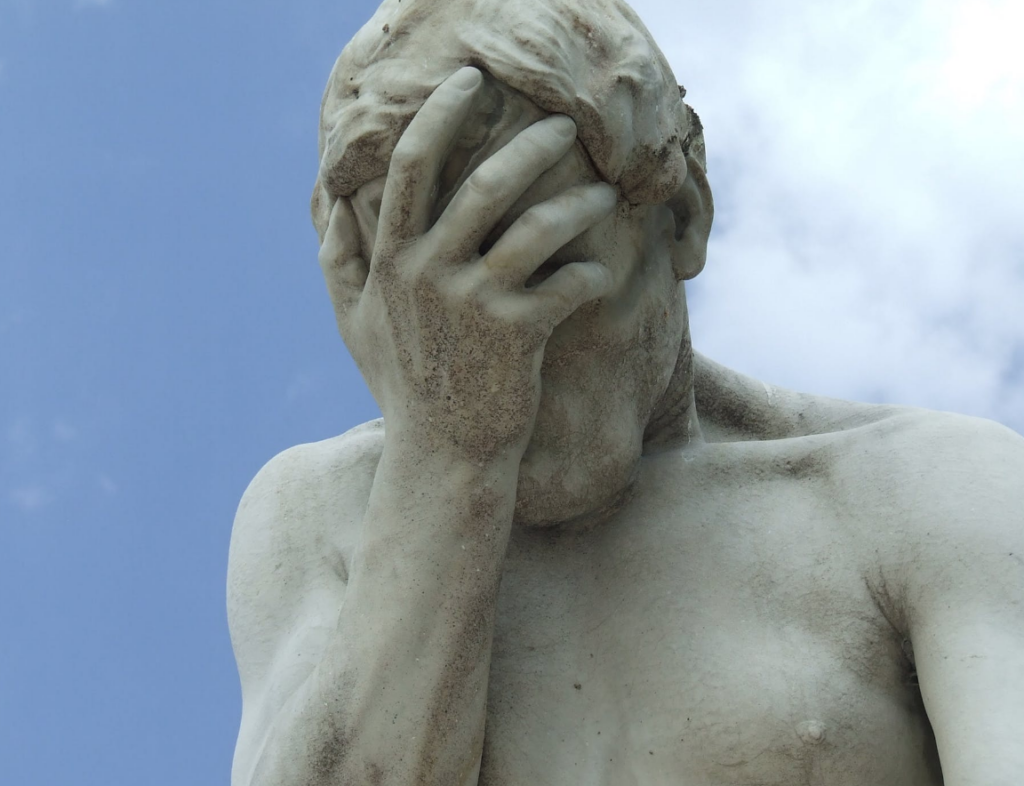
Pay the bookseller. Novel idea. Sort of like my whole idea that we should pay the writer. Alas, every time I study the book industry, no one in charge seems to understand why paying those pivotal to your business is kind of a big deal.
I was going to blog on something else, but this morning I awoke to the New York Times article:
For me? This is not CHAPTER 2, it is a steaming pile of Number Two.
Call of Doody: Battle of the Books
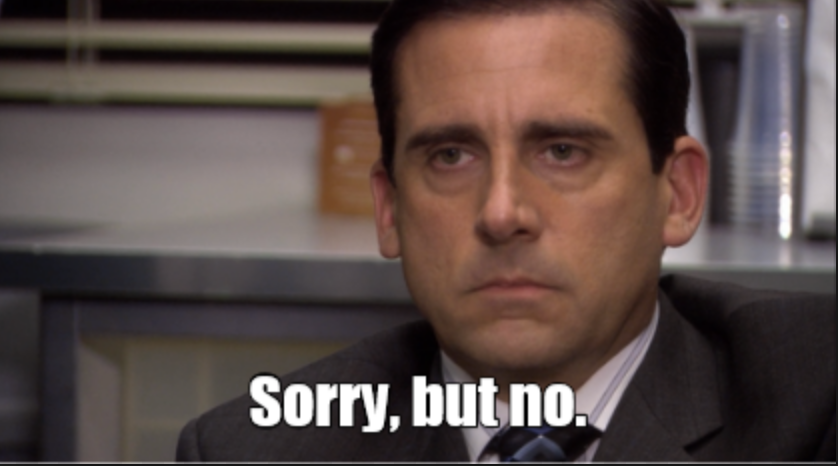
First of all, this NYT title is grossly inaccurate and misleading. Daunt might have rescued the UK chain Waterstones, but his rescue plan had very little to do with directly combatting Amazon.
In fact, it was precisely because Daunt didn’t engage with Amazon that Waterstones managed to regain financial footing.
One of the single largest business decisions that killed Borders—as well as Barnes & Noble—had to do with crap tactics. Both giants engaged the competition (Amazon) on terrain where their adversary held almost total dominance.
*throws history book at screen*
The Internet reminds me of Russia. Only those born to it prosper and only fools believe they can win a war against the harsh elements they’ve never studied let alone mastered.
Bezos was only too happy to let Borders try to invade. Amazon hunkered down, and Borders ended up eating all their metaphorical horses before they finally starved.
Did B&N learn? Nope. And the oil froze in their Nooks.
Maybe y’all think I’m being melodramatic, but…
In my recent blog post Amazon Publishing: The Road to Conquest & How Bezos Razed New York, I mentioned how Borders was struggling but doing okay, until they broke the deal they’d made with the devil Amazon and got the bright idea to go it alone on-line.
Can anyone say, ‘Waterloo?’
Similarly, Barnes & Noble—apparently visited by the same ‘Bright Idea Fairy’—launched the Nook, and hemorrhaged over a billion dollars.
Why? Because they didn’t learn from Borders and believed they could win a land war in Asia book war on-line.
*pictures Amazon sitting inside near roaring fire drinking vodka and playing checkers*
What Daunt Did Well

So let’s just get some facts straight. C.E.O. James Daunt didn’t rescue Waterstones because he took on the big, bad Amazon. Amazon wasn’t why the Waterstones stores were bleeding out.
Daunt went head to head with traditional publishers. Publishers were killing the bookstores.
Daunt forswore the $38 million in ‘co-op fees’ which gave the publishers the power to display the selection of books they liked and wanted to sell. Problem was that what the publishers wanted to sell rarely coincided with what customers wanted to BUY/READ.
The co-op fees, enticing as they might have been, were undermining sales overall. Daunt was savvy enough to appreciate that bookstores wouldn’t survive if they kept putting the publishers’ desires ahead the customers’.
Daunt also gave Waterstones a heavy makeover. They didn’t all look alike. Some were big, some small, some didn’t have the name Waterstones at all.
***Went a little Dr. Seuss there.
Cutting the Co-Op

The co-op system was an albatross. Publishers were smitten with their Buy Two Get the Third Free but, according to Daunt, customers rarely found the third book they wanted (FREE or not).
Waterstones, at one point, was returning TWENTY PERCENT of their inventory for remaindering.
For those who don’t know how traditional publishing operates, the physical bookstore system is consignment-based.
Publishers send books they believe will sell. Booksellers, however, eventually return unsold books to publishers at the publishers’ expense.
But also at the booksellers’ expense because failing to sell TWENTY PERCENT of your inventory is—to use a fancy business term—bad juju.
Bookstores lose money, too, because they have to pay their staff to rip off covers and box them to ship back to the publishers. Time that could be better used selling books.
With Waterstones shipping back roughly a FIFTH of all inventory, this translated into millions of dollars in losses (for both parties) every year.
To continue was madness. Got it. Yay James Daunt.
Daunt vs. Traditional Publishing
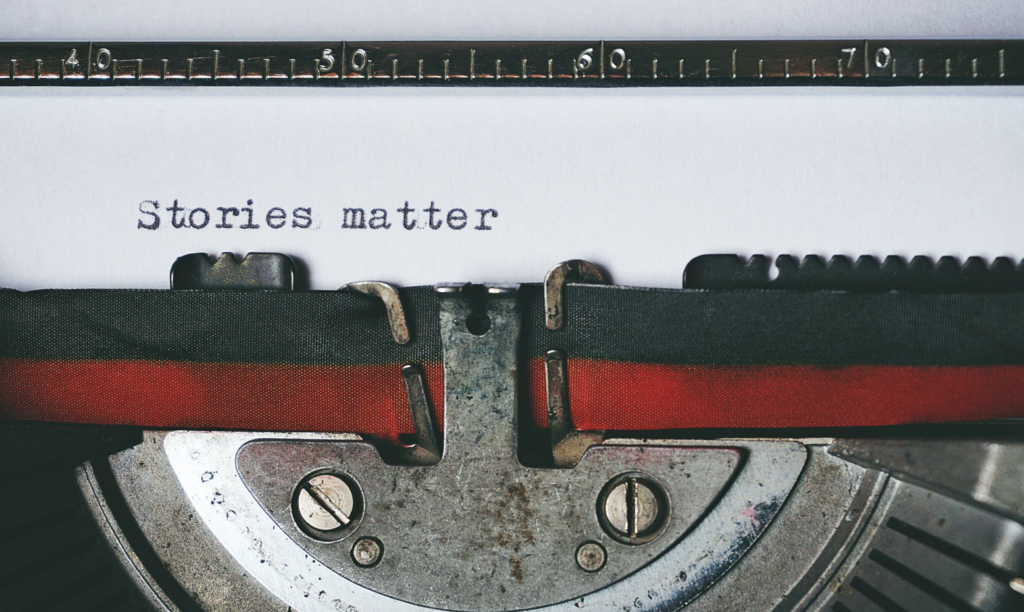
Daunt finally convinced the publishers to work with him and offer a discount on all the books, not just those hand-selected for specialness.
He then started changing up all the stores, making them resemble the smaller independent stores of yesteryear.
Each location had unprecedented control over which books they stocked and where.
“He’s (Daunt) essentially created a series of independent bookstores with the buying power of a chain.”
Tom Weldon, Penguin Random House U.K.
After untangling the co-op albatross from around Waterstones’ neck, the chain dropped from TWENTY PERCENT of inventory shipped back to publishers down to FOUR PERCENT.
***Currently, according to the NYT article I’m referring to today, Barnes & Noble averages TWENTY to TWENTY-FIVE PERCENT of inventory is returned to the publishers.
#OUCH
The Oblique Attack: Atmosphere
Daunt ditched the co-op payout, empowered the individual stores to curate their own inventory, thus making each location highly unique and individualized. For the most part, each bookstore’s inventory currently reflects the community it serves.
Waterstones also made a big deal out of making their bookstores a place people wanted to go and maybe even stay awhile.
This is probably the only area I’d grudgingly concede Daunt ‘fought’ Amazon.
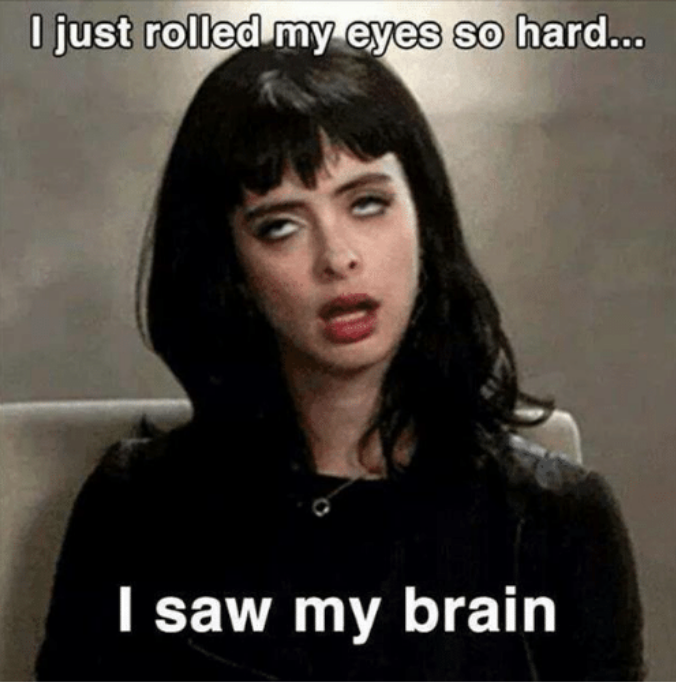
Because for me, the fight really hasn’t ever been with Amazon. Bezos, from the beginning, wanted to create a system that catered to readers. That a book would become popular because readers enjoyed it.
This idea that a small group of of intellectually isolated elites could choose what the rest of the country wanted to read was absurd.
For those isolated elites to then insist the books they enjoyed should comprise most of a bookstore’s inventory, despite regional, cultural and linguistic differences? Height of hubris.
And we’re somehow shocked that B&N returns an average of 25% of its stock?
So, with everything thus far, I agree a thousand percent that Daunt did an excellent job.
But here is where we begin to part ways.
Who is Achilles James Daunt?
When you open the NYT article, there’s this smart picture of James Daunt next to a fairly misleading title (as we’ve already discussed).
The only direct jab at Amazon is in reference to creating stores with atmosphere as opposed to a quick on-line transaction.
Whatever. They DO know Amazon is opening stores that are catering to local tastes, preferences and offering all sorts of cozy feel-goods and extras, right?
Right?
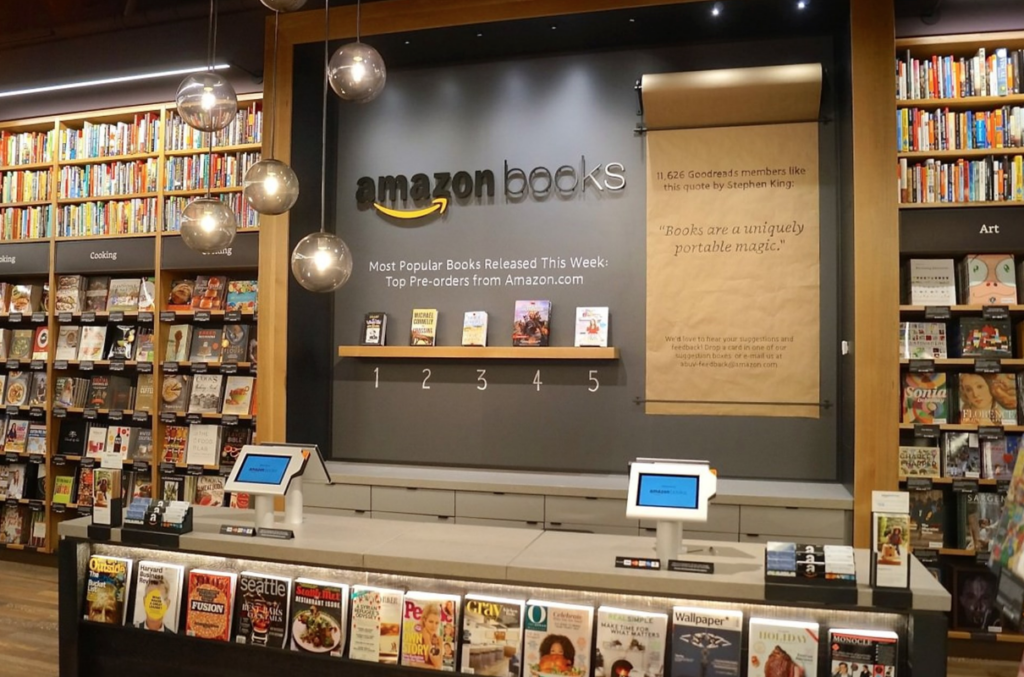
Anyway.
The first third of the article is inspiring, and refreshing. After ten years ranting on my blogs, it’s nice to see someone making sound business decisions for a change.
I was impressed that Daunt had no problem going head-to-head with the major publishers. I liked that his new approach lowered waste, increased profit, and that he’d streamlined staff to allow time for the stores to recover.
Then we get to the second part of the article….
*heavy sigh*
The article gushes on and on about Daunt, how he’s the son of an ambassador, how ‘he joined the corporate finance department of J.P. Morgan in Manhattan, shortly after graduating from Cambridge University in 1984.’
Um, all right. Interesting stuff.
How though he loved the money, but ‘his wife, Katy Steward, recoiled at the prospect of 40 years of dinnertime stories about stock swaps and high-yield bonds.’
Ok. Yeah, sounds like a total drag.
We learn that the very wealthy Daunt has an unusual approach to his globe-trotting family vacations that he takes with his wife and two children.
How they’ve backpacked through Romania, Ethiopia, and Cuba blah blah blah.
All well and good. I found it interesting and the article would have been fine had it ended here.
But it didn’t.
For those who kept reading, this pseudo-personal profile gave the last third of the article a…’Let them eat cake’ vibe.
Same $#!&, Different C.E.O
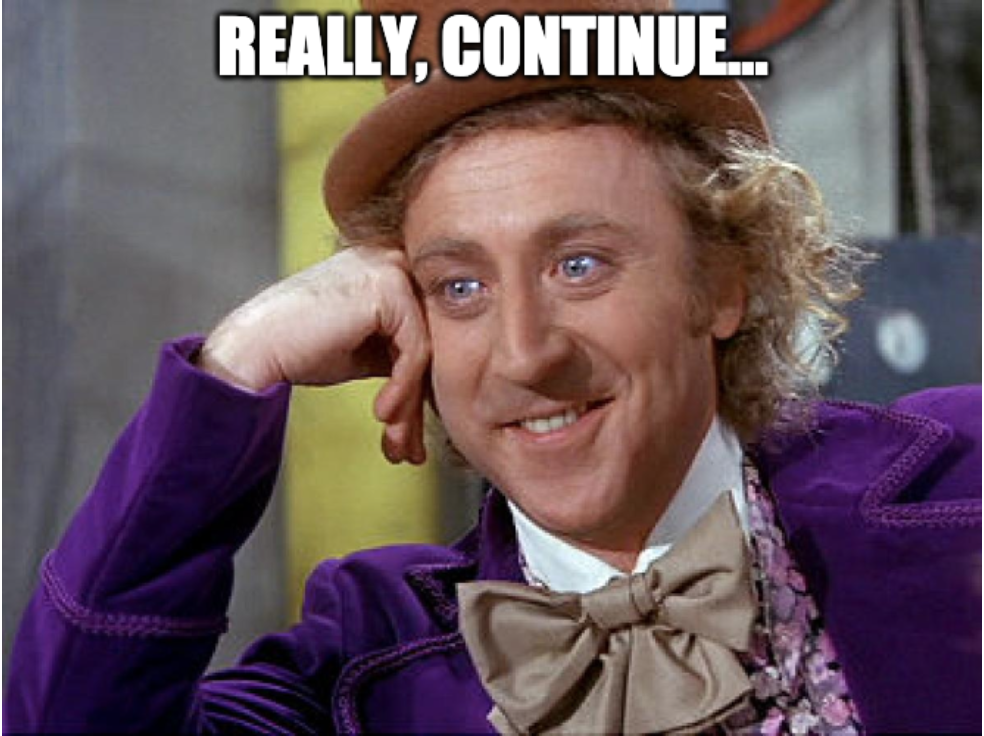
Borders died because they got greedy. Barnes & Noble imploded because of greed. Traditional publishing (namely the multi-media conglomerates that own them) are dying off out because of…y’all guessed it, GREED.
What all these folks have in common, was they believed they could prosper while shivving those who mattered the most.
Namely, the writers and the small bookstore chains, the indie and mom-and-pop bookstores…and finally the actual book sellers (the retail people).
The Big Six didn’t want to wait on golden eggs, so they let Borders and Barnes & Noble talk them into gutting the goose that eventually cooked all their geese.
That is a serious gaggle of @$$hattery right there.
***For those who don’t know what I’m referring to, go HERE.
Granted, Daunt’s plan is doing a ‘better’ job of getting lesser known authors in front of readers. The writers are doing ‘better’ under this new model.
Better being a relative term.
But, what I simply cannot understand is how NO ONE in charge gives a rip about the second most important person when it comes to selling books.
The retail folks on the floor and in the trenches! What is WRONG with you people?
Pay the bookseller!
When the people who work for you have to launch/sign a petition to ask for a living wage? Call me pissy, but I don’t want to hear about bougie trips to some place called…Jura.
And I don’t give a single fig about how you argued with an Italian showroom designer—at a posh London restaurant—about how the perfect angle of a book on display should be three degrees not four.
Let’s circle the wagons back to what really matters.
You Can’t Afford to Raise Their Pay?
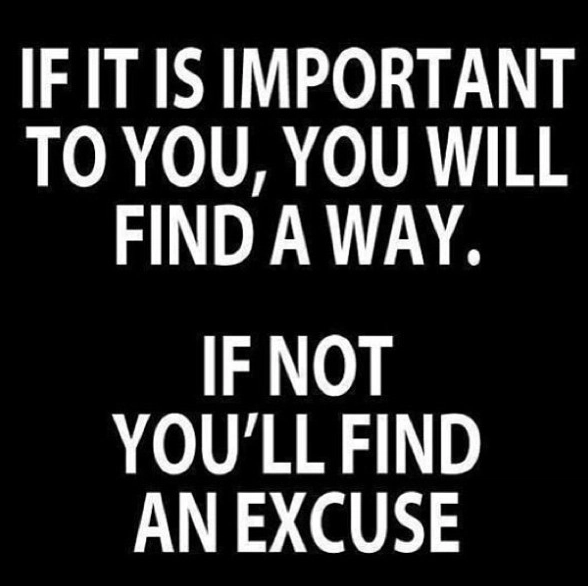
Can anyone in this industry MATH?
By Daunt’s own admission, the percentage of remaindering has dropped sixteen percent. Sales are up, waste is down. Employees are selling books instead of boxing them.
So…why not reward them?
Daunt also agrees the starting pay is ‘rubbish,’ but then he loses me. To increase pay would cost $6.2 million the company doesn’t have.
Even though, according to the April 2nd, 2019 article, James Daunt says pay row obscures ‘decent progress’ at Waterstones via The Bookseller:
Under Daunt, Waterstones has returned to profit, reporting a pretax profit of £20m on sales of £386m in the year to end April 2018, and Daunt said the current fiscal year would see continuing improvement. But he said the business remained fragile.
Philp Jones
If I am understanding correctly, Waterstones went from dangling over the precipice of imminent bankruptcy…to now boasting $16.4 million in pretax profit on $317million in total sales.
That massive improvement can’t be leveraged to raise a paltry $6.2 million to keep the workers who made this gain happen from walking out the door?
Y’all can’t, I dunno, offer profit-sharing?
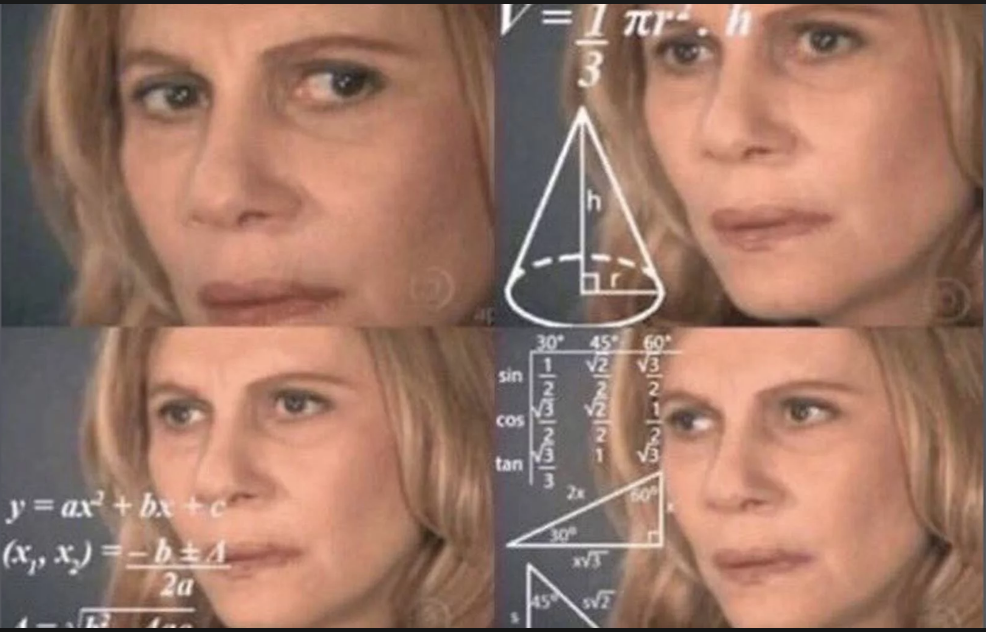
All righty.
Better Pay is Possible if a PRIORITY
Daunt, to my dismay, takes a hardline stance with the employees. His idea is that employee pay will increase incrementally over time, once someone proves they are loyal or some crap.
According to the New York Times article, Daunt claims that, “…the point is to provide an incentive to stick around, even if that means stinting on those who will not.”
Who will not.
All right, so they can’t make a living wage to eat and have a roof over their heads, but if they leave for a job that pays them better…they just weren’t committed enough?
What I dislike immensely about the Daunt Payment Plan is it’s directly related to time served. And I quote:
“We pay people more if they are committed to us than if they are only staying for a year.”
C.E.O. James Daunt
But maybe they’re only staying a year because they can’t afford to remain in a job with such low pay. A thought?
Also, let me get this straight.
If a brand new bookseller is always on time, never absent, hustles hard and sells a ton of books for only a year, he/she is still paid crap because they’ve not been there ‘long enough.’
Yet, another employee who maybe still lives at home and has no dependents, who has the means to stick around for the pay boost is rewarded…even if that person does the bare minimum to remain employed.
Ok.
Time alone is a terrible metric for measuring the value of an employee. But that’s my POV.
The Benefits of Higher Pay

Galen Emanuele’s article, Why You Should Pay Your Employees as Much as You Can articulates this beautifully. But, this is basic common sense.
First of all, better pay attracts and keeps exceptional employees. This drastically lowers turnover and the cost of hiring and retraining a continual stream short-term of replacements.
Treat your employees better…and they do a better job.
*shock face*
Don’t take it from me. Check out Fortune’s Top 100 Places to Work.
This article in Business Insider uses Costco as a prime example. Costco employees cite pay, benefits, and job security as the main reasons they love what they do.
On top of this, Costco actively creates ways for employees to grow and move so they CAN envision Costco being their career.
I can personally attest to how successful Costco is at employee retention. I’ve been shopping at three-four different Costco locations over the past fifteen years. I know the names of most of the employees…because they’ve been there for YEARS.
Costco offers premium pay and benefits from DAY ONE.
Not, ‘Hey if you’ll endure an undeclared number of years of crap pay, maybe there will be a little something shiny in it for you at a later, undisclosed date.’
How can staff be productive if they’re busy looking for a better job or worrying how to pay the food bill?
Daunt would do well to think about his priorities.
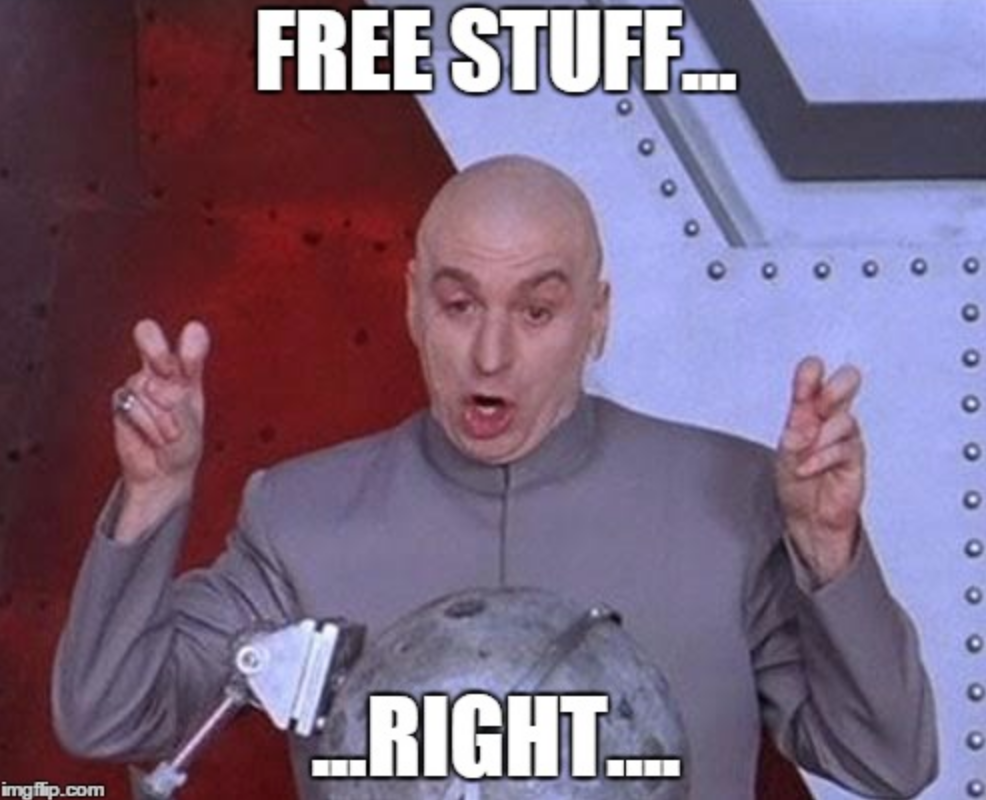
Oh, James Daunt is mad about how certain Waterstones locations have installed additional power outlets for university students ‘who consume more power than coffee.’
He has no problem with Waterstones providing free electricity to a bunch of students who are there for the free power and free wi-fi and who aren’t buying books.
“We’re playing the long game…When those students are rich and famous, they’ll buy books from us and the cost of the electricity will be paid back in spades.”
James Daunt
But taking the hit to pay employees better? Rewarding them for how far Waterstones has already come?
Trusting that better pay will make them feel valued and thus will inspire employees to be more passionate, enthusiastic and evangelical ISN’T a worthy long-game investment?
So letting students sponge off the light-bill totes doable, because they might buy books ONE DAY when they’re rich and famous (because books are like Porsches and polo ponies).
Enabling users and takers is a super smart plan, but paying employees who’ve already created value and who are only adding MORE value is a horrible business decision.
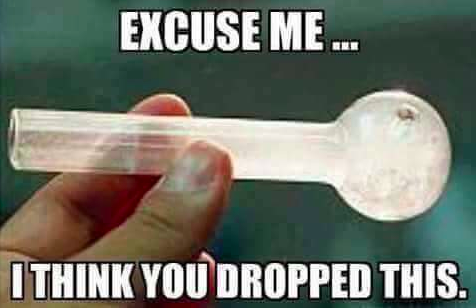
Want to Save B&N? Pay Matters
Daunt would be wise to remember that Barnes & Noble isn’t out of the weeds yet. Far from it.
If leadership continues this trend of paying/rewarding workers as little as possible—then bragging in the New York Times about exotic family trips around the world—Amazon will poach Barnes & Noble’s best talent.
How do I know this? It’s what they’ve been doing for a DECADE.
The Big Six, Borders & Barnes & Noble didn’t value the mid-list author, and Amazon happily picked up those authors and offered them better pay. As of a month ago, Amazon’s Thomas & Mercer poached Penguin Random House’s biggest author, Dean Koontz. How?
Hint: Better pay.
***Koontz is only the largest of a number of big-name authors who’ve already defected because they want to continue having a career.
Amazon is already opening physical bookstores that are smart-stocked, and offer a cozy feel and bells and whistles. Sorry, Mr. Daunt but you don’t have an edge there.
Besides, does Daunt actually believe Amazon won’t happily poach the best of B&N’s employees the same exact way?
By PAYING them more?
And this all seemed so promising.
Daunt has already demonstrated creativity and tenacity in other areas.
I believe he can use the same imagination and fire that rescued Waterstones from tanking, and use his mad skills to figure out some way to properly compensate those who grind daily in the bookselling trenches (quickly…NOT in a decade).
For what it’s worth, we writers value our bookseller advocates and cannot thank you enough. We appreciate your passion and all you sacrifice to promote reading and our books.
As for the big bosses…
No One Home
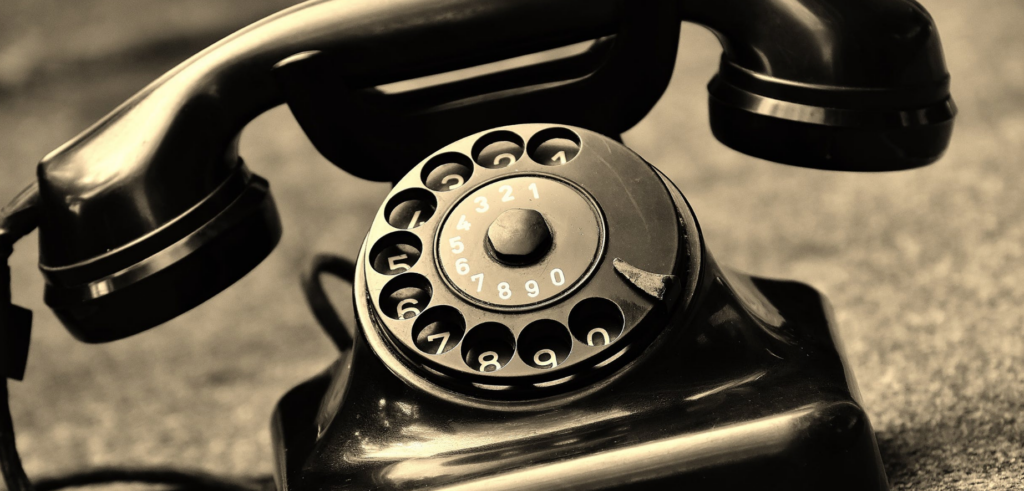
The article closes with Daunt bemoaning how Waterstones’ employees never pick up the phone. He notes that a sign of progress is when he can call a location and someone answers.
Fewer than half of the Waterstones’ locations passed this metric.
And the band played on the phone rang on…
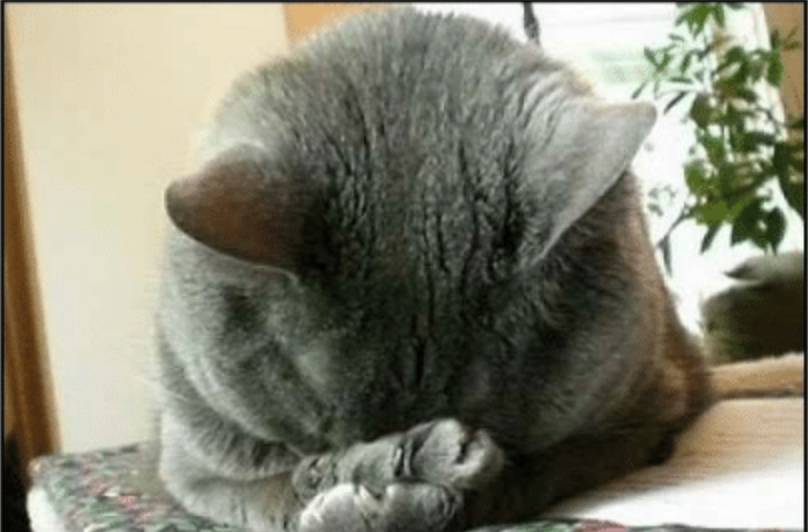
Announcements
TOMORROW, I will be teaching Bring on the BINGE: How to Plot & Write Series. Series are a fabulous way to build a fan following AND make really excellent money (when done well). This class is 2.5 to 3 hours long (and YES, all classes come with a FREE recording).
We’re going to cover all aspects of how to write a series, the different types of series, and so much more.
As I mentioned last post, Maria Grace will be teaching Taking the Plunge: How to Write Deep POV on FRIDAY. This is TWO HOURS of professional instruction about how to ROCK Deep POV.
Treat yourself! Feel free to wear this to class 😀 .









20 comments
2 pings
Skip to comment form
Brilliant article, Kristen! Too bad the people that should read this probably won’t…
Author
I dunno. I raised so much hell over “exposure dollars” that Huffington started paying their writers last year. I can’t take sole credit, but oh why the hell not? 😛
I do not understand the mentality of employers who don’t give ALL their staff, from senior management to janitor, a real, meaningful stake in the company. How can they not understand that happy humans working for their own benefit generate the kind of vibe that draws in wannabe happy humans? It’s nuts. It’s STUPID.
Agreed! I changed the way a whole segment of the construction industry paid their people by offering higher wages right out of the gate and giving employees the right – the responsibility – to call the job if they deemed it unsafe. Period. Turn-over was nil.
I’ve said it before and I’ll say it again… these Big Businesses got big because of the earlier model and trust established before them — where businesses were a success because they made it another year (not because they opened a hundred new locations) and were profitable enough to turn the extra money back into their business and their employees… current Big Business exploits those people who believed the lies New Business tells… that it is only until things get better…and coincidentally they NEVER get better ENOUGH… But oh look… that generation raised on loyalty is retiring, dying, getting too old for The Game. What a shame this new generation of workers is a tad more in tune with self-indulgence. Good luck pulling the irons out of the fire. This bookseller has moved on.
Author
Well, the reason I believe Daunt doesn’t stand a chance if he doesn’t change how the employees are treated is that he’s entering a market where Amazon is already opening that smaller niche store and the mom-and-pops and small independents are back and BOOMING. They KNOW the value of good employees. So if Daunt thinks he’s going to retool B&N to be all cozy with free power outlets then pay workers like crap? He won’t get too far. Might have been different had they made this move five years ago when there wasn’t competition.
But now? We have a lot of creative, passionate and socially conscious bookstores that will smoke what remains of B&N.
I worked for both bookstores mentioned for quite a number of years, and after nearly 10 years of loyalty on my part and heading up special departments I was still making far far less than $10 an hour, and could hardly afford to pay for the offered health care benefits, much less support myself. I had no choice but to leave the book business. Not too long ago out of curiosity I checked out starting wages at B&N on Indeed dot com and saw to my dismay that they are no better than they were when I worked there, in the nineties!
I haven’t read your posts in a long time because I’ve been teaching full time, but I recently resigned from my position at a charter school because…you guessed it–intense stress and low pay. So, you know I loved the last part of this post about paying employees more money to keep them there. I agree with lesedgerton, but I also want you to know that your voice and style kept me reading till the very last word. I’ll be hanging out here a lot more after reading this.
Excellent post, Kristen. IBasic common sense to pay valued employees enough to keep them working for you. I guess we’re old school? I love how you’ve kept up with the entire publishing industry and you’ve nailed every angle of it, warned them, and predicted what was coming. Again and again. I hope they listen to you this time.
Kudos! Many of the points you brought up I scratched my head about. I spent thirty years in Corporate America and discovered employee turnover was one of the costliest factors that deteoriated a company’s bottomline. Happy emplyees become business partners, and business partners invested in how the company performs percolates profits nd distills losses. Now that I have become a novelist in my early retirement I can’t help but take note of booksellers when I stop in for an event and just mosey in because I am in the area. Whether B&N or an locally owned indie bookseller, you know when you have entered into a successful bookstore. Beyond the presentation and shelves of books, the staff is upbeat, friendly, and eager to greet you. They have activities that engage the readers to engage, educate and inform their customers. They have an active social media engagement which today extends the walls of the brick and mortar store–something Amazon has capitalized upon. What Amazon has not done is given the reading public that face-to-face, interactive personal connection that consumers enjoy and often expect. Without dragging my comment much further, you are spot on about bookseller compensation. If a job is worth doing then the employee will do what they need to be an asset in that job. Good business owners/managers understand profit comes from the grassroots sweat on the sales floor and keeping those roots well rewarded benefits everyone. But then again, GREED is the cancer of all businesses and relationships. God bless.
Oh yeah, just recently I walked into B&N in my local area. They have a lot to do to change how they are perceived. Employees were busy looking busy and not engaged with customers. When the manager finally gave me a minute to introduce myself, you would have thought I interupted their busy day. It was like walking onto a beach and looking up to the life guard stand and noticing he or she has their perch looking inland rather than at the water’s edge. Who wants to wade into the shark infested sea of books when you can’t depend upon the life guards?
B&N pays as it does because there are people who are willing to work for the wages offered- and those people more or less get the job done.
Yes, Costco pays more. It can because a typical store has sales of $170 million, versus $5 million for a B&N. That’s a vast difference.
Bookselling changed because technology changed and consumer preferences and behaviors changed along with it. Perhaps there were some poor decisions, but for the most part executives only respond to consumer choices. When you rail against the economics, you’re really complaining about the free choices of millions of consumers.
No one is entitled to a living doing what they want to do at the price they demand. You can only try to do something that other people are willing to pay for at a price they think is fair.
Author
Yes, this is an excellent capitalist argument, and I am fond of the free market.
Yet, I would like to ask where you getting your numbers of $5 million for a B&N store? That is an incredibly low number, considering they sell Nooks, toys, records, collectables, art sets, movies, etc.
Considering one book—50 Shades of Grey—made $571 million domestically. Then add in “The Martian” and other mega-sellers, there was plenty of money to be made just in books.
B&N had over a billion to spend down the toilet with the Nook, money they could have used to beat the hell out of Amazon where Amazon (at the time) held no advantage—the bookstore experience.
What would it have cost to give a digital copy for .99 with purchase of the paper version? The Nook might have fared better. Their lack of creativity and business acumen is to blame for their downfall.
I am railing at the incompetence of executives, who in spite of mounting evidence consumer patterns were changing, kept shoving what people didn’t want down their throats.
And yes, as a capitalist, I agree. No one is forced to work anywhere for low pay. Yet, in spite of another mountain of evidence that it is a very bad and costly business practice, bookstores continue to put money everywhere except the one place it might reap real dividends.
B&N and NY maintained the co-op practice DESPITE having to shred 25% of inventory. Instead of being creative and smart stocking—like books that would appeal to Spanish-speaking customers in Spanish at stores in El Paso, Texas for instance—they sold the same books the same way all over the country even when they kept having to pulp A QUARTER of the store’s book inventory.
IF they’d been listening to consumers, they wouldn’t have been forcing books people didn’t want to read onto the front tables. Really? 50 Shades of Grey in front displays here in the Bible Belt where I live? What were they thinking?
All this aside, imagine a bookstore that paid and compensated the same way as a Costco, how job-seekers would do everything possible to land a position at B&N and would guard it with their lives. Booksellers are already known for being willing to work for nothing because they love books. Imagine if they were actually paid a commission?
They’d read everything they could and become evangelical in sales (given that most booksellers are readers already).
And all businesses can do the old ‘pay as little as possible to increase profits’ but it always bites back (now more than ever in an age where consumers make socially conscious buying decisions).
McDonald’s (known for ages as one of the worst places to work) is getting soundly beaten by the likes of Chik-Fil-A that closes every Sunday and pays higher than minimum wage, offers healthcare, promotion, and vacation (yet outpaces competitors in profits). McDonald’s is also getting another beating from In-N-Out burger who, again, pays far higher than the lowest they can get away with, offers benefits, healthcare, vacation and opportunities for promotion.
These two businesses don’t HAVE to offer these benefits, but I can tell from experience they have almost no turnover…and they’re beating the snot out of McDonald’s who’s scampering to rebrand with better food (NOT pink slime) and a better experience.
Unlike McDonald’s who finally had to replace people with kiosks, Chik-Fil-A and In-N-Out are booming businesses with employees who are always energetic, enthusiastic and memorable.
Saying that executives responded to consumer responses is giving them a pass. Executives are paid the big bucks to be THOUGHT LEADERS not sheep.
There are no bad followers, only bad leaders.
And if Waterstones’ in the UK is paying such low wages they have a struggling brand in Europe, it is a mistake to do that here. Amazon is too keen to swoop in and do exactly what they’ve always done. Beat the competition by paying ‘the disgruntled’ just a bit better.
And I am not advocating any change in the base wage. I am strongly supportive of rewarding those who do a good job. Thus far, there is no reward system. At B&N there is no commission structure, and there certainly is a way to incentivize those who drive book sales.
But, you are correct, there is nothing “illegal” or essentially “wrong” with paying people as little as one can get away with, but this is exactly why I think they’ll shutter. The indies, mom-and-pops, and new Amazon stores have a singular advantage even paying a dollar more an hour.
That is a sorry business spot to be in.
Thanks for your reply. The sales figures come from the publicly reported $3.6B divided by 650 stores.
I don’t doubt that mistakes were made. In the early 2000’s, B&N was my favorite place to go. Now, practically never.
I imagine that the economics changed in a way that made the model unsupportable. It wouldn’t take much to make their high overhead stores unsustainable.
Generally, I agree that you’ll have a better quality employee if you pay them more. However, there are other factors that carry more weight. Disney, for example, has access to the same workers as every other park, and they pay about the same. They create a better guest experience through standards and training.
Personally, I never interacted much with B&N employees. As long as the place was clean and the shelves stocked, I was happy. I would have been just as happy with self checkout.
Speaking of history, the NYT has had a long one of sleeping with the establishment’s military industrial complex, Wall Street, federal reserve banking system and other establishment social controller profiteers. They are not the paper of record but more the paper of war propaganda. It’s historical fact. So of course they will prop up a CEO and make him seem human. That’s what they do, lift up the establishment well-to-do class and blame the little people and or victims for all the world’s problems. The one war that has never abated is the class war and the NYT is firmly an invention of it…on the winning side. In between propaganda they do real news and that’s the trick that fools the public into trusting them.
Two things that really need to change in the bookstore business are: (1) CONSIGNMENT: In this modern day and age, the physical bookstore system is STILL consignment based. No other major retail business in America operates like this where product can be shipped back if it doesn’t sell quickly, causing loss to publishers and authors … and …(2) SELLING BOOKSTORE SPACE: Few industries or retailers allow suppliers to dictate the placing of store merchandise, but bookstores sell space – often in the multi-thousands of dollars for a single title – in major chain bookstores. Publishers pay millions to the chains per year for inclusion, position, and prominent spacing in the major bookstores.
Author
I know! And I have been griping about this in posts for going on ten years. The fixes are simple, but change and letting go of the old isn’t.
I just found out that barnes and noble website changed their shipping to ups surepost if you order online. That is with the privilege of paying 25$ a year for the membership. I have been a member since 2008. I will not be renewing my my membership due to this shipping change. If you want ups ground you have to pay again for that privilege. The new owner needs to change it back the way it was and take his head out of his
a@& to save a few pennies. Is it any wonder when you go to the physical stores there is never enough help at the customer service desk and when they are they are all pissy and rude.
AMAZON is the book industry at this point and unfortunately all our physical bookstores are going to fade away because people don’t want to spend time inside a bookstore searching for books they would much rather look online and have it without leaving the house. Borders by far was better than B&N they’new customer service it was a shame they didn’t understand the internet.
Author
They understood the internet. What they didn’t understand is that you don’t double-cross Amazon. They’d already made a deal with Amazon as early as 2001, then decided to go it alone in 2006 and paid the price. I wrote a post on that .
¹a Fe sales people wandering the floor and and an occasional chair might help to increase sales.
I called the local B&N to order several books yesterday. HAd a lovely, knowledgeable sales person. She said that she’d “process” the order immediately. It would have been much more reassuring if she’d been able to say that she’d ship it immediately. Last order got mangled at the warehouse. Make the service local. Identify the person who can answer inquiries.
If I want to do emails and if I want to “chat” with custoomr- I-dont-care dept, I can save money and deal with Amazon.
[…] In the bookselling world, Walmart discount pricing sparks threatening letters from Amazon’s KDP to authors, and Kristen Lamb explains why James Daunt is not going to save Barnes & Noble. […]
[…] “Pay the Bookseller! Why C.E.O. James Daunt Won’t Save Barnes & Noble” on Kristen Lamb […]